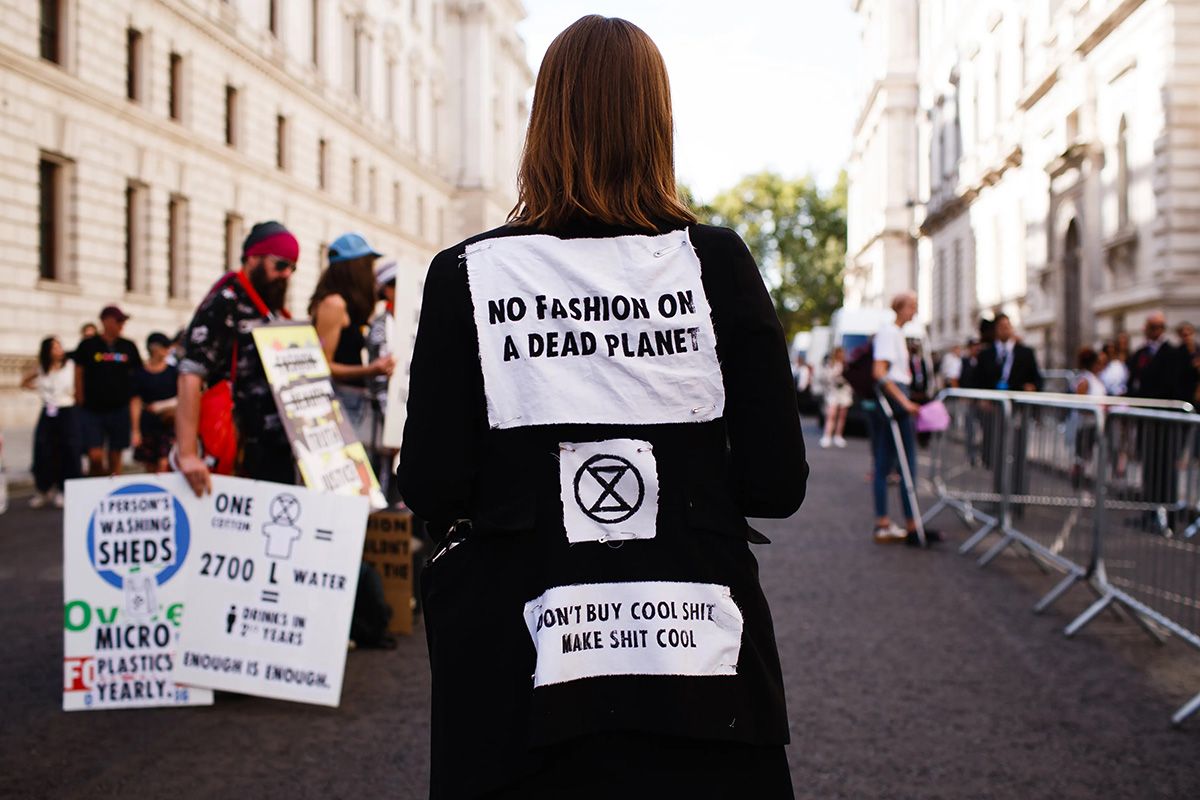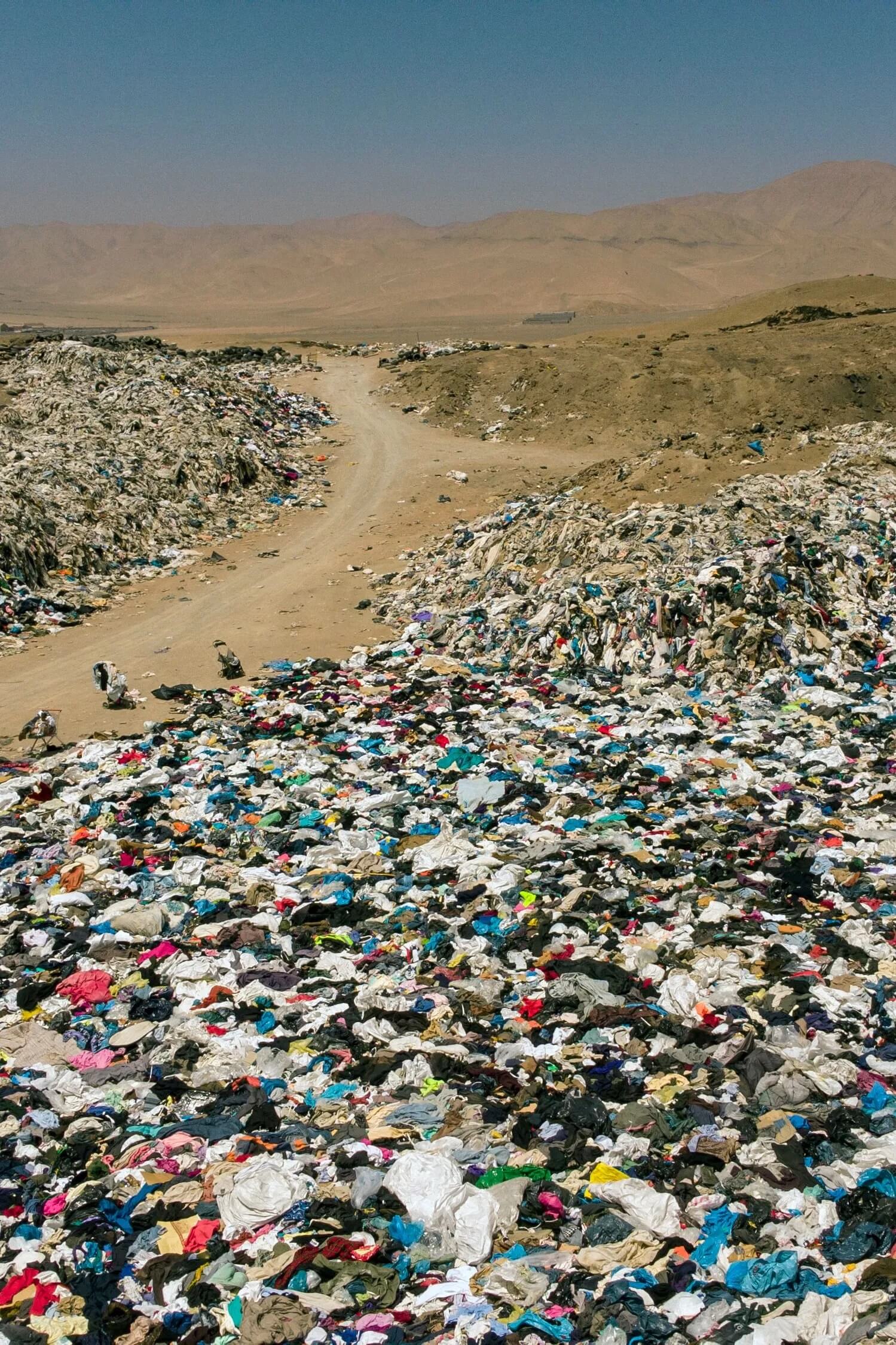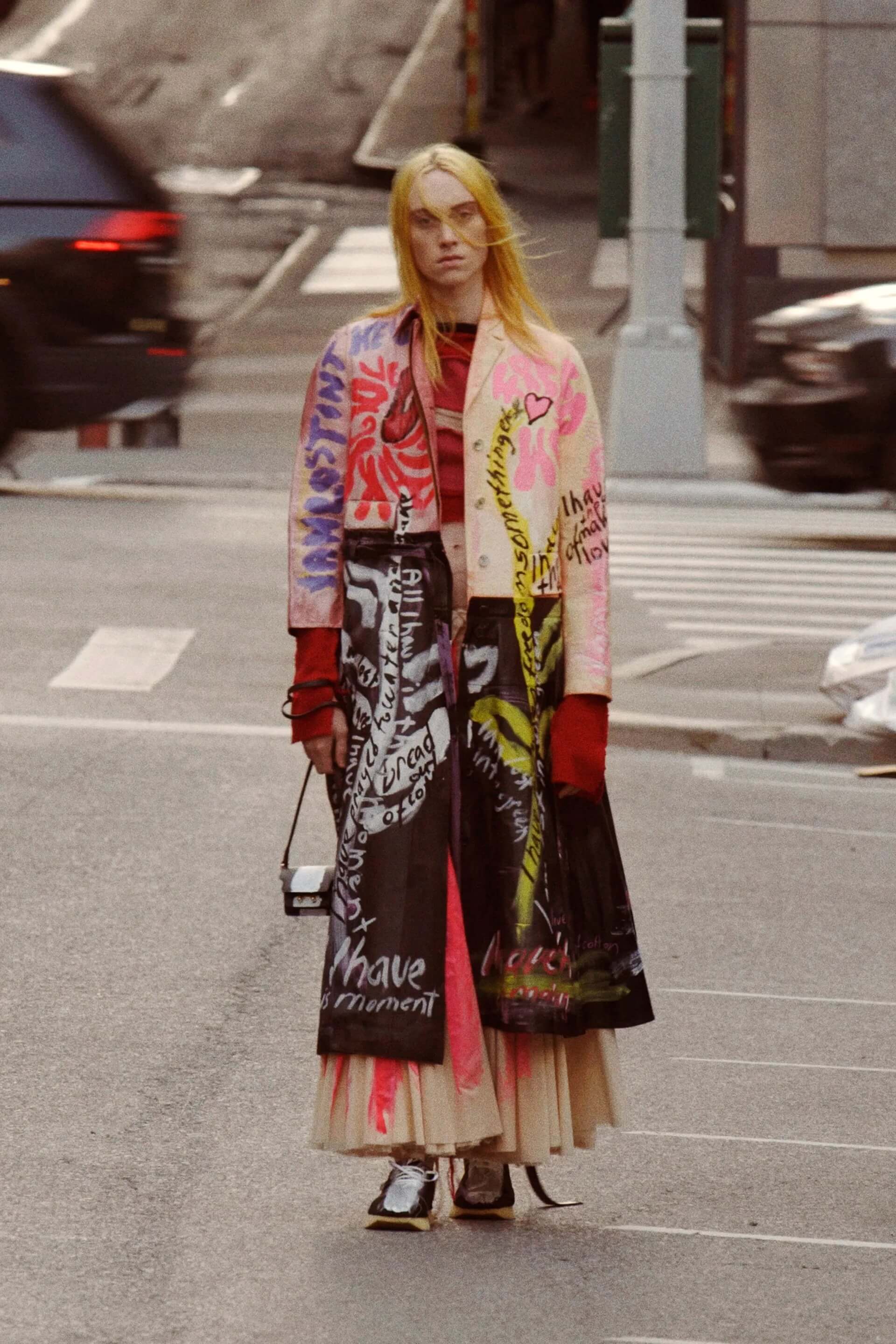In times of climate emergency, the debate persists about the accessibility and affordability of sustainable fashion, and of the elitism that surrounds the whole latent narrative linked to consumption, social strata and environmental impact. Is it already a class privilege to have that conversation?

The denunciation of the ecological footprint and the real cost of fast fashion clothing has triggered a complex debate on access to lower-impact fashion, according to the BOF masthead. The idea behind all this activist action is to invest in quality pieces as opposed to all those fast fashion products at reduced prices, which are produced under that dark spectrum of precariousness and exploitation. Addressing the new dynamics demanded from the clothing business, in that eternal quest to define the zeitgeist of fashion, in the end becomes an endless battle between modernity and mother earth.
This is conceived as one of the great idylls of modern life, of a dreamlike or utopian state that society should implement in its consumption habits, in which there is an internally judged dialogue or conversation about fast fashion, often in a classist manner, without taking into consideration the deep cultural divisions that separate us.
The duality surrounding fast fashion
Criticism of the impact of fashion tends to focus on fast fashion, and all that linked system of overproduction, low prices, bad labor practices or excessive consumption. That tends to be the reality induced in this system, often connected to toxic labor cultures, but which in turn could be the most “democratic”, or the one that makes fashion available to many more people.
A paradigm is established in which, in general terms, sustainable products are usually marked by much higher prices, sometimes justified by their manufacture, materials and the whole message or philosophy involved; but many are only the result of a practice of greenwashing and/or “wellness marketing” that tries to accredit these overprices in a world built on a sense of freedom.
Within this dichotomy, there is another “responsible” and conscious option, which would be to buy second-hand. Still, this is a practice that requires time and effort, and not everyone can afford to invest in it.
All these criticisms of fast fashion have been derived and are thus interpreted as an embarrassment to poorer consumers, as a kind of class privilege. Beyond that, it also opens the debate about the link of the majority of society to consumerism and those buying habits that have marked their whole life, associated with all these fast fashion brands, being difficult to change their vision and to purge themselves of all that.
The myth of sustainable luxury
According to BOF, the myth of sustainable luxury, or that perception actively promoted by luxury brands that, in contrast to fast fashion, expensive clothes are made to standards as high as their prices, looms large in fashion. However, sustainability advocates point out that exploitation and pollution can come at any price.
From this concept derives the erroneous idea that if you pay more for a product, it must be more respectful of the environment and people (supply chain). Although the opacity surrounding these issues becomes a latent concept, with which the brand channels its power and all its lofty philosophy of luxury to cover up issues such as the production of garments or working conditions.
At the end of the day, the debate around sustainable fashion is a controversial issue in which all the responsibility usually falls on the consumer, and his or her buying habits, when the reality is that we should transcend that individualistic vision and extend it to a systemic problem. A structural challenge that should regulate the fashion industry, as a way to collaborate in unison in this collective movement towards a sustainable future.
Sigue toda la información de HIGHXTAR desde Facebook, Twitter o Instagram
You may also like...







